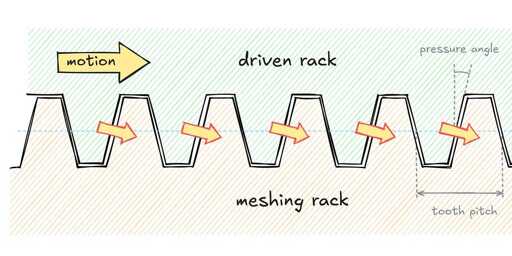

The only one struggling with “non sequitur” and “strawman” and “basic connections to underlying language” is you. Since you keep using these terms without evidently understanding them or even understanding the content of what’s being said to you. The irony here of you exhibiting generative model behavior while raging against them is quite hilarious.
None of the points you’ve listed actually address my argument, and it’s pretty clear that you’re either incapable of understanding it or intentionally avoid engaging with it. My blog in no way contradicts my online persona, but I guess that’s something you felt important to throw in as a way of ad hominem in lieu of having any actual point to make.
Cheers.















The only one doing a gish gallop here is you. I had a very clear and simple point all along, which is that it’s not productive to perseverate over symptoms of the system. Evidently, you’re incapable of addressing this point and instead proceed to keep making straw man arguments that have nothing to do with anything I said. Apparently you think that if you keep writing walls of text that will somehow distract from the fact that you don’t have any actual counterpoint to the simple statement I made.
Seeing how you clearly need to have the last word here, I’m going to stop here so you can get it out of your system and move on with your life. Bye.